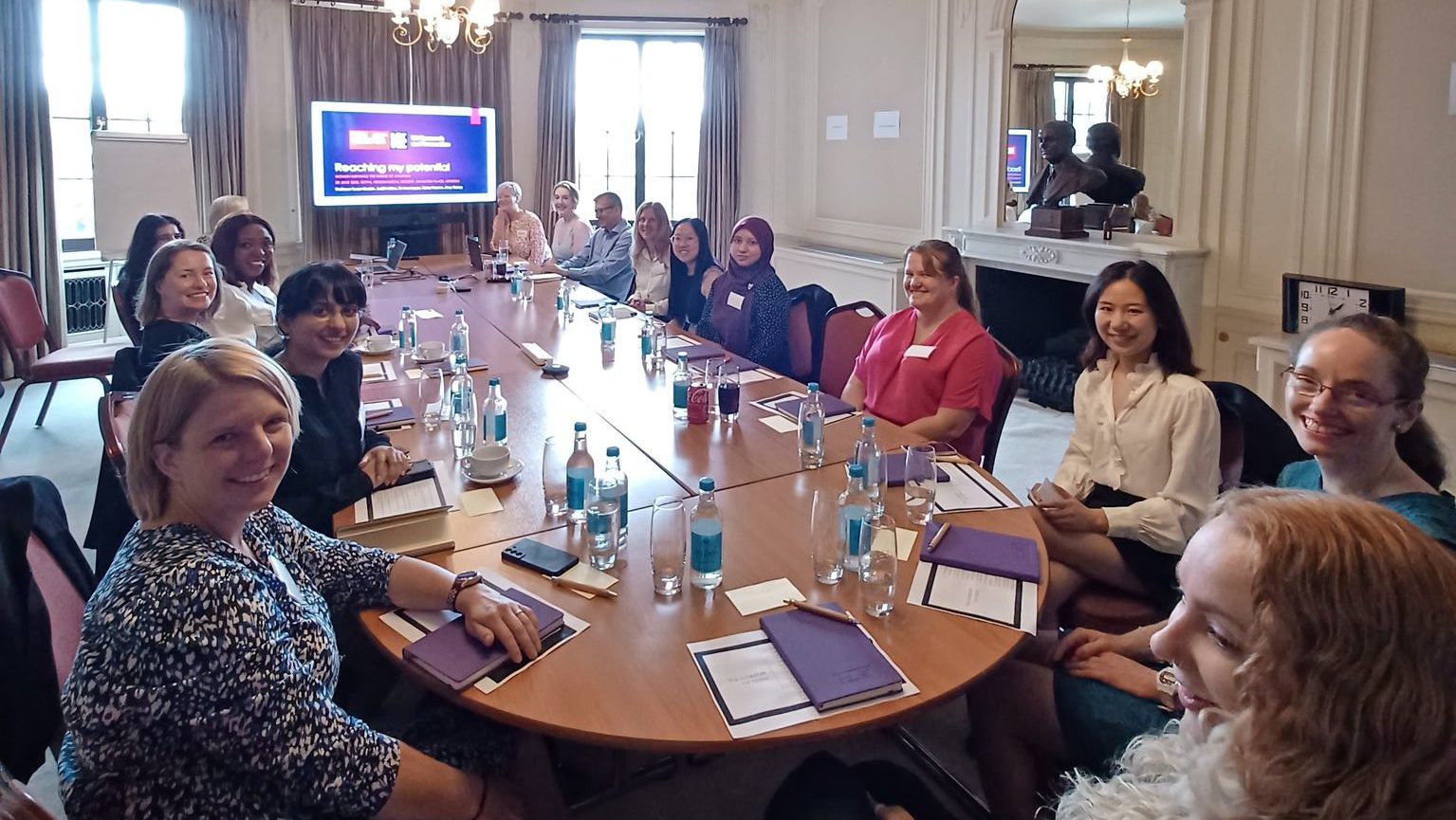About the Future Flight Challenge
The UK Research and Innovation (UKRI) Future Flight Challenge is helping build the ecosystem needed to accelerate the introduction of advance air mobility, drones, and zero-emission regional aircraft in the UK.
Working with industry, academia, government and regulators, and stakeholders across the country, the Future Flight Challenge is co-funded by industry and the UK government to support the development of future flight services and enabling technologies such as AI and autonomy, digital communications, and electric propulsion.
The programme works across sectors to:
- Fund and support innovative future flight projects and companies.
- Position the UK as a global leader in advanced aviation solutions.
- Facilitate collaboration between industry, government and regulators, and stakeholders to address issues such as public trust, community integration, and social benefits.
Video Case Studies
Future Flight Challenge Virtual Showcase
This showcase explores the aims, capabilities and achievements of projects funded by the Future Flight challenge at UK Research and Innovation.
Watch now
Statistics

£300m
Co-investment by government and industry

222m
Tonnes CO2e reduction in annual emissions from Advanced Air Mobility services

650k
Jobs associated with the drone economy by 2030

1.8%
Increase in GDP by 2030 from Future Flight
Landscape Map
Innovate UK Business Connect has created the world’s first advanced air mobility network, which can be explored with the Future Flight Landscape Map. Explore the map to find collaborative partners, see the breadth of investment and expertise in the UK, and gain insight into how enabling sectors such as AI and Materials are vital to Future Flight’s success in the UK. The landscape map will continue to evolve and expand over time, and you can register today for your organisation to appear on it.
Read more
Roadmap and Vision
Compiled by leading experts from industry, academia and government, the future flight vision and roadmap sets out how zero emission air travel within and between British cities could be commonplace by 2030. It includes insight into market opportunities and challenges, analysis of how consumers will benefit from future flight, projections of how the future aviation environment will operate, and example use cases.
Download
Related Opportunities
Transport Research and Innovation Grants 2024
Opens: 17/04/2024 Closes: 21/05/2024
The latest round of the Government’s Transport Research and Innovation Grant (TRIG) is now open, with organisations and academics able to win up to £45k in funding.
More Information
Connectivity in Low Earth Orbit: satellite constellation ideas
Opens: 01/04/2024 Closes: 08/05/2024
Up to £60m is available for satellite constellation capability R&D that will help boost the UK’s satellite communications sector.
More Information
UK-South Korea CR&D 2024
Opens: 26/02/2024 Closes: 22/05/2024
UK registered businesses can apply for a share of up to £6m for the purpose of developing innovative proposals with South Korea.
More Information
Related Events and Recordings
Future Flight Newsletter
Stay informed with the latest news from projects funded through the UKRI Future Flight Challenge, and the wider future flight industry in the UK, as well as enabling sectors such as materials, communications, and AI.





